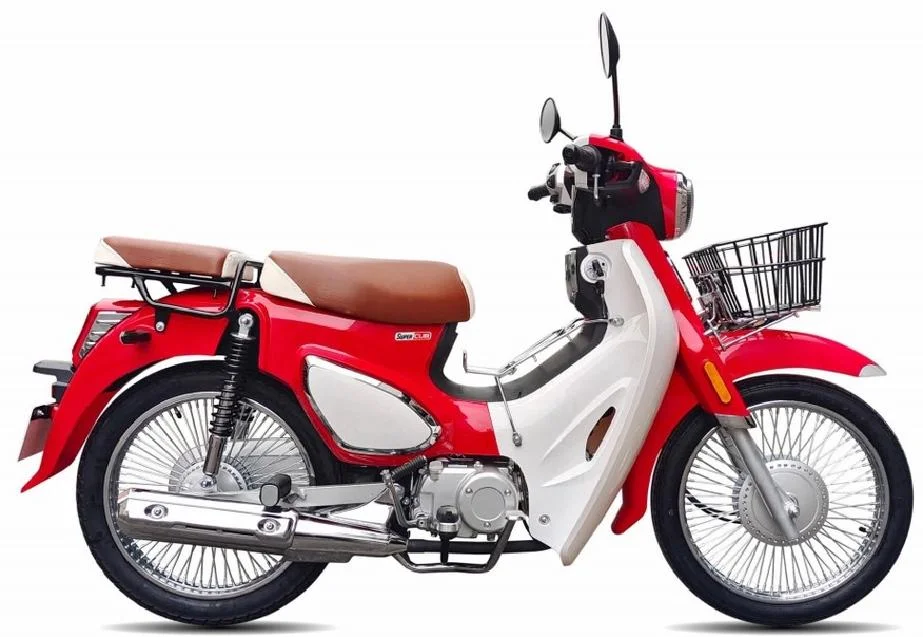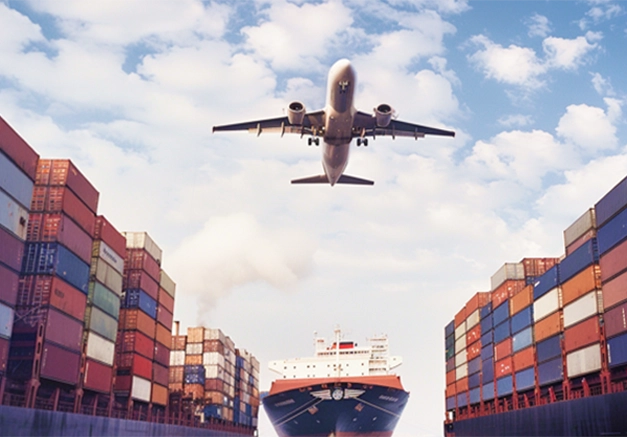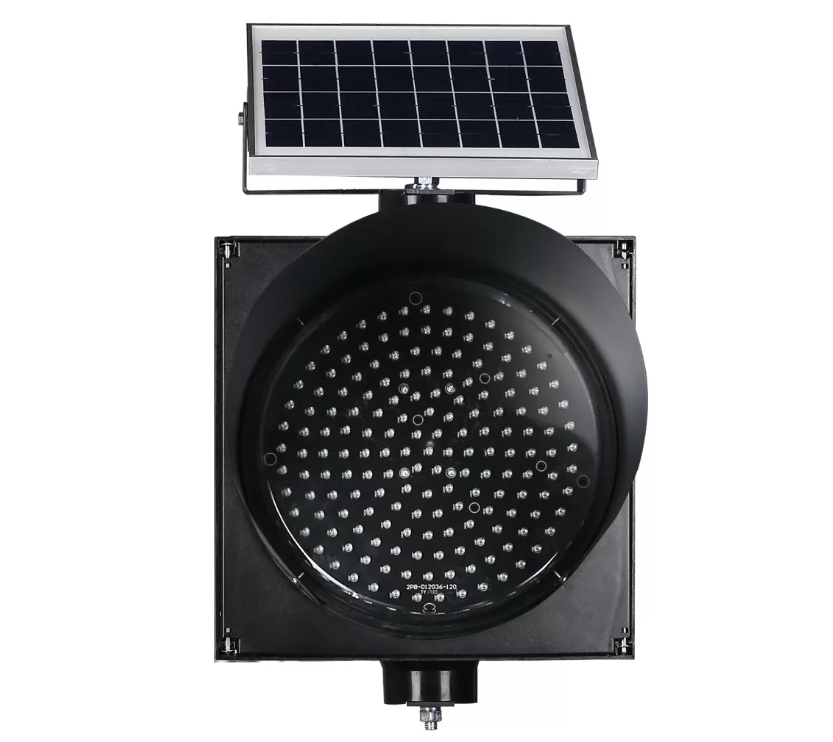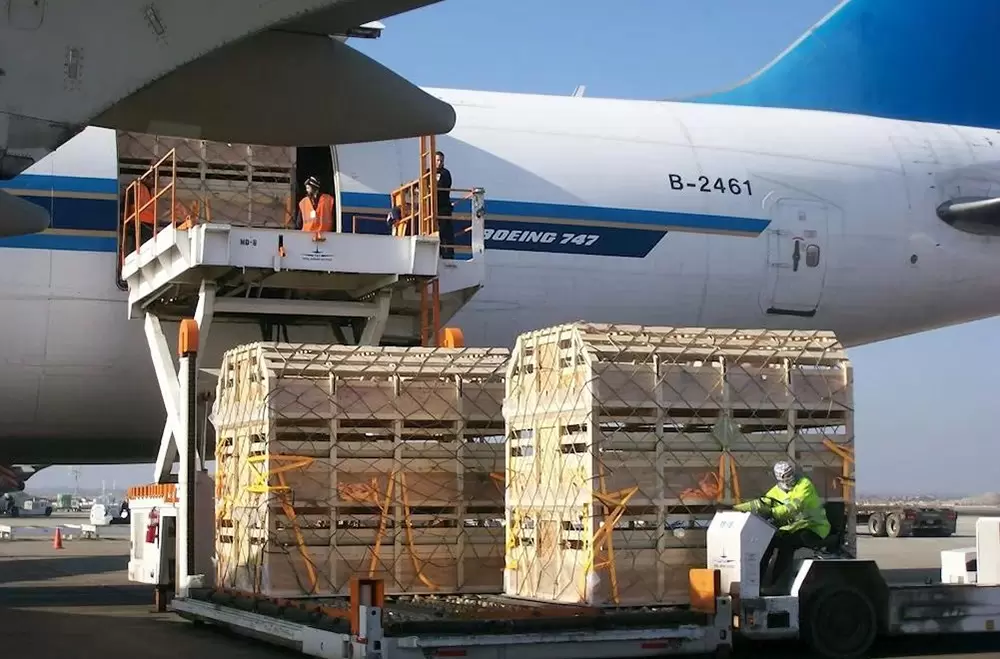In today's fast-paced world, efficient transportation plays a pivotal role in connecting people, goods, and ideas across the globe. As technology advances and environmental concerns grow, the search for the most efficient mode of transport becomes increasingly crucial. In this blog post, we will delve into the realm of transportation, exploring various modes and evaluating their efficiency based on factors such as speed, cost, energy consumption, and environmental impact.
- The Efficiency Spectrum:
Efficiency in transportation can be measured through multiple lenses, including time, cost, energy, and sustainability. While each mode of transport has its strengths and weaknesses, let us explore some of the most prominent contenders in the efficiency spectrum. - Air Travel: The Speedy Skyways:
Air travel has revolutionized the way we connect globally, offering unparalleled speed and accessibility. With advancements in aircraft technology, air travel has become faster and more efficient than ever before. However, the high energy consumption and carbon emissions associated with air travel pose significant environmental challenges. - Railways: The Efficient Movers:
Railways have long been recognized as one of the most efficient modes of transportation, particularly for moving large volumes of goods and people over long distances. With their ability to transport heavy loads and their lower energy consumption compared to other modes, railways are a sustainable and cost-effective option. However, their limited accessibility and infrastructure requirements can hinder their efficiency in certain regions. - Maritime Shipping: The Mighty Oceans:
Maritime shipping remains a vital component of global trade, offering immense capacity and cost-effectiveness. While ships are slower compared to other modes, their ability to transport massive quantities of goods with relatively low energy consumption makes them an efficient choice for long-haul journeys. However, concerns regarding emissions and the potential for accidents pose challenges to their overall efficiency. - Road Transport: The Versatile Solution:
Road transport, including trucks and automobiles, provides unparalleled flexibility and accessibility, making it a preferred choice for short-distance travel and last-mile delivery. However, the efficiency of road transport is heavily dependent on factors such as traffic congestion, fuel consumption, and maintenance costs. Additionally, the environmental impact of road transport, particularly in urban areas, raises concerns about its long-term sustainability. - Emerging Technologies: Paving the Way for Efficiency:
As we strive for a more efficient transportation future, emerging technologies such as electric vehicles, hyperloop systems, and autonomous vehicles hold immense promise. Electric vehicles reduce reliance on fossil fuels and offer lower emissions, while hyperloop systems aim to revolutionize long-distance travel with their high-speed, low-energy consumption capabilities. Autonomous vehicles have the potential to optimize traffic flow and reduce accidents, further enhancing efficiency.
Conclusion:
Efficiency in transportation is a multifaceted concept, encompassing various factors that influence the overall performance of different modes. While no single mode can be deemed the most efficient in all scenarios, a combination of modes tailored to specific needs and circumstances can pave the way for a more sustainable and efficient transportation system. By embracing emerging technologies and prioritizing sustainability, we can strive towards a future where efficiency and environmental consciousness go hand in hand, ensuring seamless connectivity and a greener planet.




